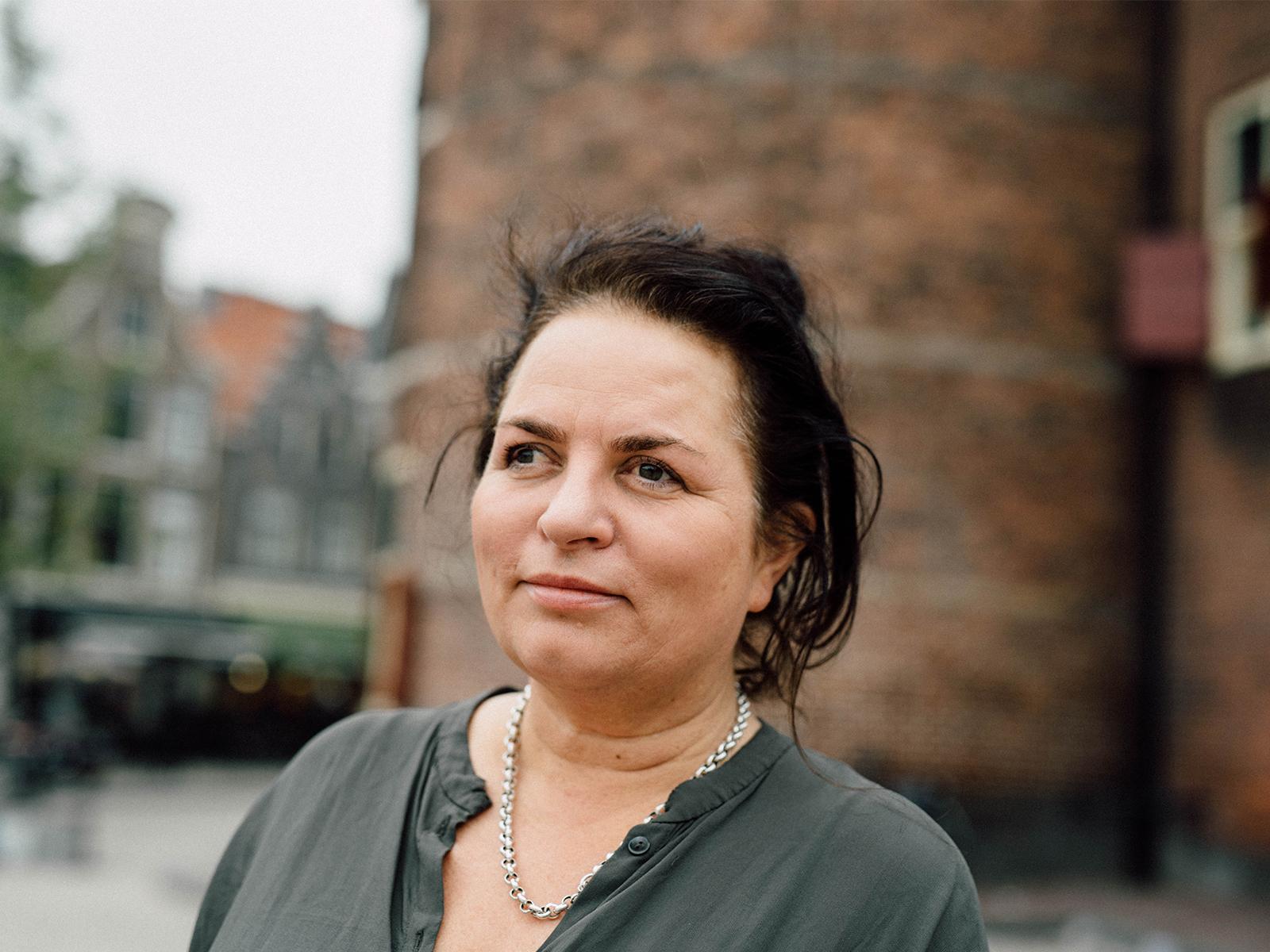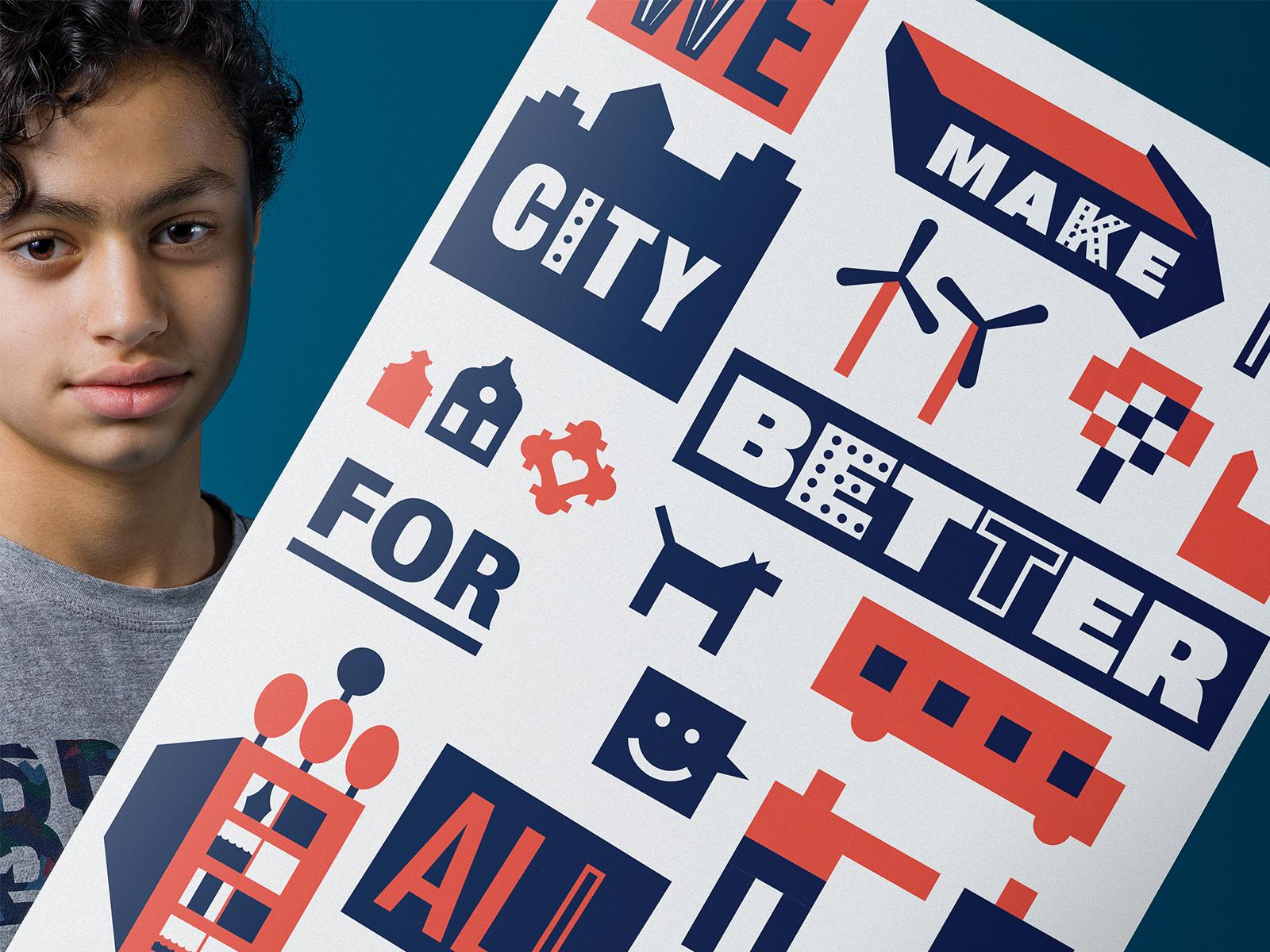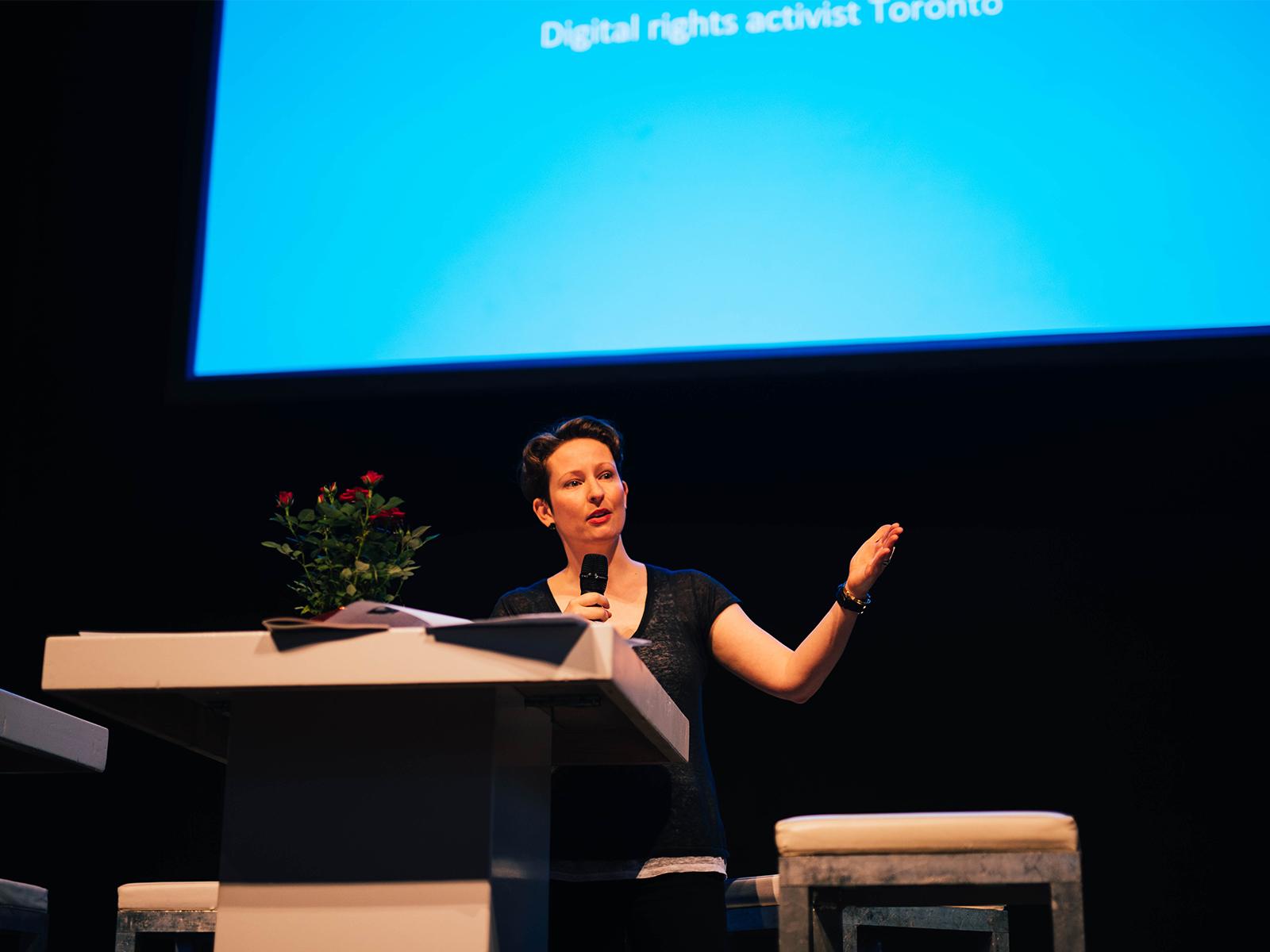The historic Waag building is an open workplace and laboratory for those working at the intersection of technology, art and society. The Waag building's interior is divided into a Fab Lab, a Bio Lab and a Textile Lab where its inhabitants can tinker with new life, new materials and new tools for citizen science. Meetings, workshops and maker sessions are also regular occurrences. Waag as an organisation is committed to a fair, open and inclusive society and to questioning the role of technology in this context. The organisation believes that intuitive and curiosity-driven research by artists, designers and city makers is of paramount importance in this pursuit. Marleen Stikker founded Waag in 1994 and the organisation will celebrate its 25th anniversary next year.
What are Waag's motivations?
"Technology is developed and created by people and it has a huge impact on society. Technology is not neutral. Data, algorithms, artificial intelligence, and the life sciences are all the products of our culture and are, therefore, based on our assumptions and (financial) interests. Waag is committed to making these interests and assumptions visible and, most importantly, making the research and design process open and inclusive. In 1994, the Digital City laid the foundation for an open and public internet. It was the first open social media platform in Europe. Over the past 20 years, we've warned the public about the immoral consequences of capital and financial interests and the so-called 'free' economy. On the one hand, we bring people together to gain insight, to actively influence policy, and to encourage digital literacy with schools and professionals. This is what the entire Waag Academy programme is about: demystifying and democratizing technology. On the other hand, we also work on creating alternatives. We are working with various partners to regain control of our own data. Fixing the Internet. We also work from a maker perspective, meaning that we don't stand on the sidelines. We are developers. We are makers."
'Technology is not neutral.'
What does Pakhuis de Zwijger mean for Waag?
"Together, Egbert and I have ensured that Pakhuis de Zwijger keeps going. It was almost demolished. We worked together for years to find financing for renovation, to convince the municipality, and to give it a new goal. Waag is the co-founder of Pakhuis and our organisation was also housed on the 6th and 5th floors for a number of years. Our Fab Lab's first home was in Pakhuis before we transferred everything to the Waag building."
'We connect the knowledge and mission of grassroots movements with the world of formal institutions.'
"I see the Pakhuis as a fellow traveler. Waag is a middle ground organisation. We connect the knowledge and mission of grassroots movements with the world of formal institutions. And we do this by bringing these two worlds together in design sessions and other types of knowledge exchange. Pakhuis de Zwijger plays a similar role. We both draw on debates about technology and society. We put together a number of programmes together, such as Big, Open & Beautiful, about big and open data. And we started WeMakeTheCity together as core partners in the public sphere. We also initiated Maak je Stad! (Make Your City!) along with Kennisland. The Amsterdam iCapital Award 2016-2017 is also something that we have been working on together for a long time. The whole route of digital, social innovation."
What does Waag want to add to its agenda?
We are currently concerned with the future of biotechnology. In our Bio Lab, you can actually join CRISPR-Cas workshops and work with genetic modification. We are one of the few public places in Europe that has a permit for this. Here, we bring people together, gather new knowledge and then reflect on it. We are also very interested in artistic, creative, and curiosity-driven research. Oftentimes, we've already been working with something for ten years before it becomes mainstream and commonplace. Such is the case with biotechnology. We want to explore it with artists and bio hackers. With the public programme, we open the doors and let people do research. With the Bio Hack Academy, we teach people to set up their own bio lab. And with projects like Gene.coop, we are working on a data commons initiative for genetic information. The whole process, from artistic research, experiments, design labs, academies to social interventions, is always in a public context."
Have you planned any nice projects with Pakhuis de Zwijger in the future?
"WeMakeTheCity! We're working together with a lot of different parties in that project. We're also working on the Public Stack programme and the Next Generation Cities conference. And we're hoping for a follow-up programme to Maak je Stad (Make your City) in the coming years. We're working hard on that. We also have a series of activities planned around DECODE and Digital Social Innovation. That's how we're staying connected."


